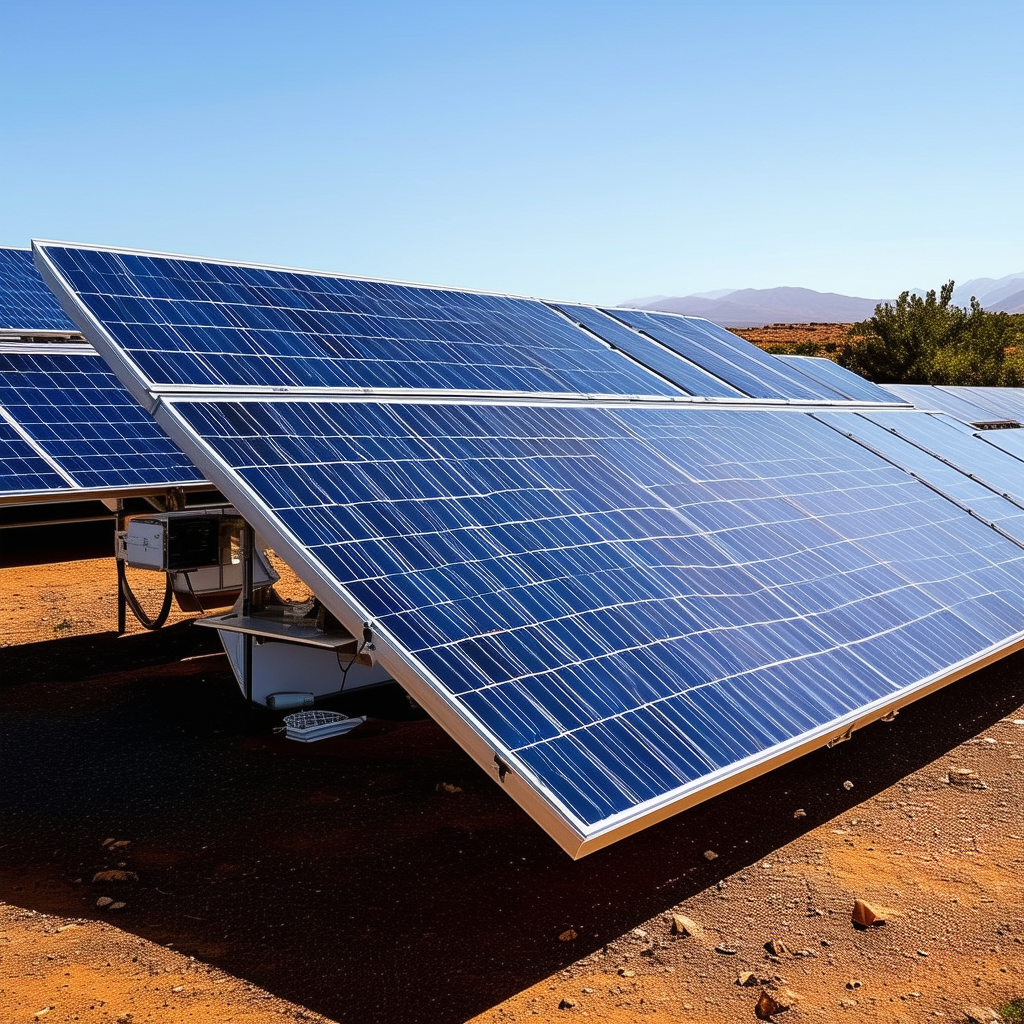
In recent years, the trend of incorporating renewable energy into everyday living has become increasingly popular, especially among RV enthusiasts. One of the most effective ways to harness renewable energy on the road is by installing a solar panel for an RV. This guide will help you navigate the world of solar power for recreational vehicles, covering everything from the benefits to installation tips.
Why You Should Consider a Solar Panel for Your RV
Investing in a solar panel for your RV offers numerous advantages. Firstly, it provides a sustainable energy source, allowing you to enjoy the great outdoors without relying on traditional power sources. This means you can camp in remote locations without worrying about running out of power for your appliances or devices. Moreover, solar panels are environmentally friendly, reducing your carbon footprint and promoting clean energy use. Additionally, many RV owners report significant savings on fuel costs by using solar power, making it a financially wise choice in the long run.
Understanding the Basics: How Solar Panels Work
Before diving into the specifics of choosing a solar panel for your RV, it’s essential to understand how solar panels work. Solar panels convert sunlight into electricity through photovoltaic cells. When sunlight hits these cells, it generates direct current (DC) electricity, which can be stored in batteries or used directly to power your RV appliances. Most RV solar systems include solar panels, a charge controller, batteries for storage, and an inverter to convert DC to alternating current (AC) for use with standard appliances.
Choosing the Right Solar Panel for Your RV
When selecting a solar panel for your RV, you’ll want to consider several factors to ensure you get the best system for your needs. First, assess your energy requirements. Calculate how much power you need for your devices, including lights, refrigerator, and electronics. Once you have a clear idea of your power consumption, you can choose the appropriate wattage of solar panels. Generally, a setup of 200-400 watts is suitable for most RVs, depending on your usage patterns.
Types of Solar Panels: Which is Best for RVs?
There are three main types of solar panels: monocrystalline, polycrystalline, and thin-film. Monocrystalline panels are known for their high efficiency and space-saving characteristics, making them an excellent choice for RVs with limited roof space. Polycrystalline panels are generally less expensive but are slightly less efficient. Thin-film panels are lightweight and flexible but may require more space to produce the same amount of energy as crystalline panels. Assess your budget, space availability, and energy needs to determine which type of solar panel for RV is best for you.
Essential Components of a Solar Power System for RV
To create a functional solar power system for your RV, you’ll need several essential components aside from the solar panel itself. The charge controller is crucial as it regulates the voltage and current coming from the solar panels to prevent overcharging the batteries. Batteries are necessary for storing energy for use when the sun isn’t shining. Look for deep-cycle batteries designed for solar applications. Finally, an inverter is needed to convert DC power from the batteries into AC power for your appliances. Make sure to select components that are compatible with each other to ensure optimal performance.
Installation Tips for Your RV Solar Panel System
Installing a solar panel for your RV can be a straightforward process if you follow a few essential steps. Start by choosing a suitable location on your RV roof that receives maximum sunlight exposure. Make sure to clean the area thoroughly before installation. Use appropriate mounts or brackets to secure the solar panels in place. When wiring, ensure all connections are tight and insulated to prevent short circuits. If you’re not comfortable with DIY installation, consider hiring a professional to ensure everything is set up correctly for maximum efficiency.
Maintaining Your RV Solar Power System
Once your solar panel system is up and running, it’s essential to perform regular maintenance to keep it functioning optimally. Start by cleaning the solar panels periodically to remove dirt, dust, or debris that may block sunlight. Check the connections and wiring for any signs of wear or corrosion, and tighten them if necessary. Additionally, monitor your battery levels and ensure they are being charged correctly. Keeping an eye on the overall performance of your solar power system will ensure you can enjoy reliable energy while on the road.
Conclusion: Embrace the Freedom of Solar Power for Your RV
In conclusion, investing in a solar panel for your RV is a smart decision that offers both financial and environmental benefits. With the right solar system, you can enjoy the freedom to travel off the beaten path without sacrificing comfort or convenience. By understanding how solar panels work, assessing your energy needs, and selecting the right components, you can create a reliable solar power system tailored to your lifestyle. So why wait? Start your journey towards sustainable RV living with solar energy today!
By following this comprehensive guide, you’re well on your way to enjoying the numerous advantages of using a solar panel for your RV. Embrace the freedom and adventure that comes with harnessing renewable energy on the road!





